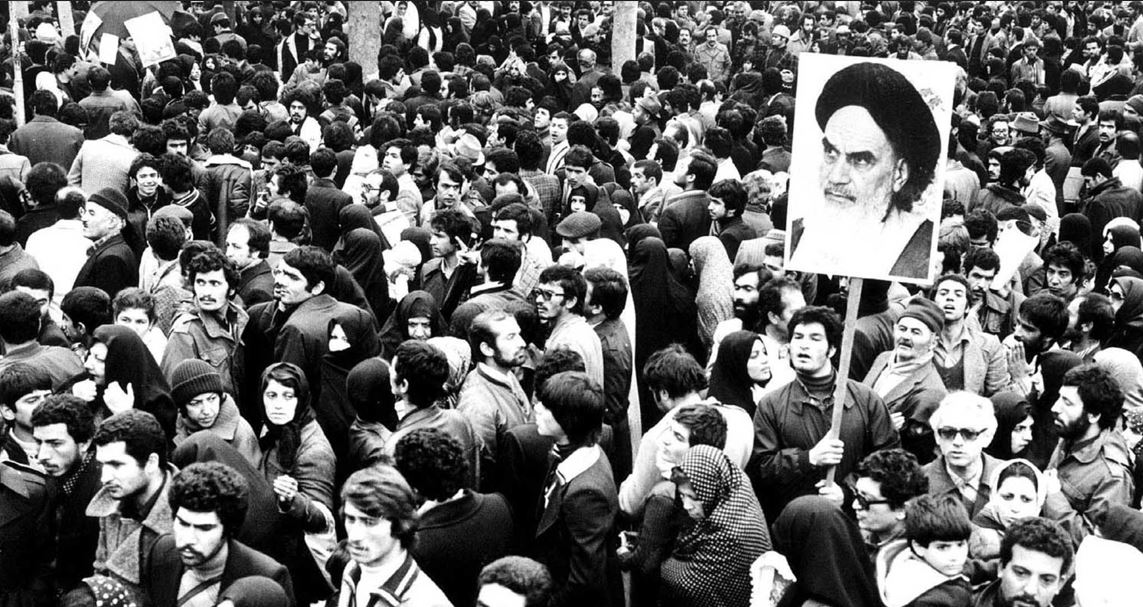The 1979 Islamic Revolution in Iran set off seismic changes across the globe, most intensely among Arab Muslim intellectuals living in America and its environment of nearly total freedom of speech and conscience — something absent from the Muslim lands. A group of these Arabic-speaking intellectuals launched a movement called “Islamization of Knowledge” around 1980, the year the lunar calendar started the 15th century of Hijra.
The movement’s main theoretician was Ismail Farouqui, a professor in Philadelphia of Palestinian origins. Around him were a coterie of PhD scholar-activists who had grown up in Iraq of either Kurdish or Arab Sunni backgrounds with close family ties to Jordan and Palestine. They were responsible for creating a kind of “think tank” in the form of the SAR Foundation which managed an endowment worth more than $100 million in the 1980’s. This foundation, with headquarters in a suburb of Washington, DC, funded subsidiary organizations that included a degree-level college of Islamic social sciences, a research journal devoted to the idea of presenting issues in modern life in a Qur’anic framework; it was termed “Islamization of Knowledge”.
This idea held great fascination for Muslim leaders, too. Pakistan’s Zulfikhar Ali Bhutto organized an international conference in Islamabad devoted to this subject. Soon Islamic universities were established both in Pakistan and Malaysia. Ziaul Haq’s own Islmaization of society held sway throughout the 1980’s, and early 90’s. Then came M. A. Muqtedar Khan on the scene to demolish that whole idea of Islamization of knowledge. It is to the credit of the original crowd of SAR Foundation leaders who recognized Muqtedar Khan’s charismatic personality, and his tireless efforts to reconcile modernity and its principles with Islam’s most basic tenets. Muqtedar was a PhD scholar at the prestigious Georgetown University in Washington when he took over the Journal of Islamic Social Sciences in the late 1990s. He addressed countless seminars for the benefit of Muslim scholars to find common ground between Islamic and Western philosophical traditions. The idea of Islamization died a quiet, unmourned death.

